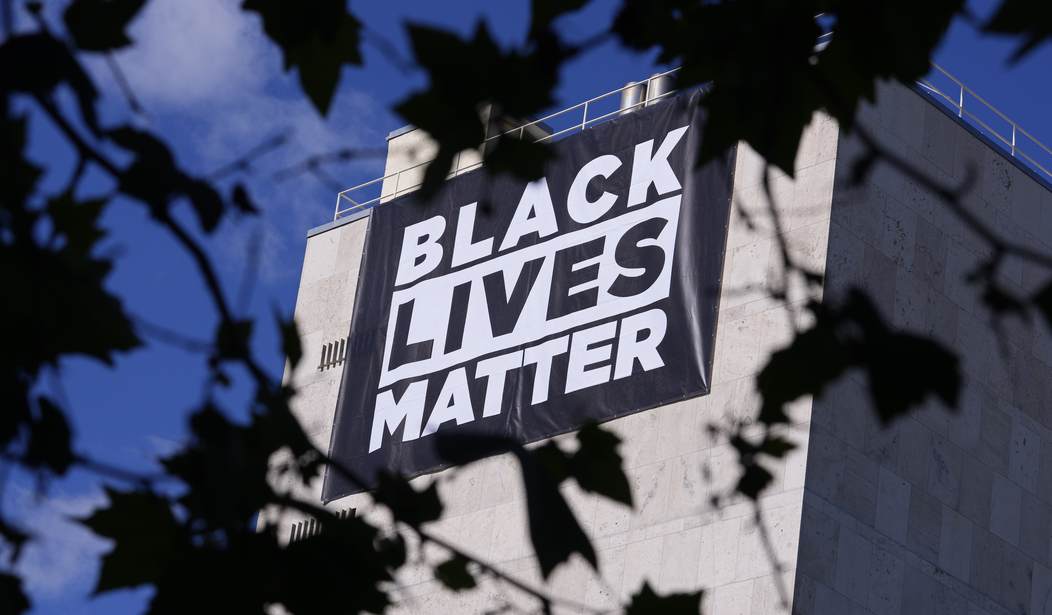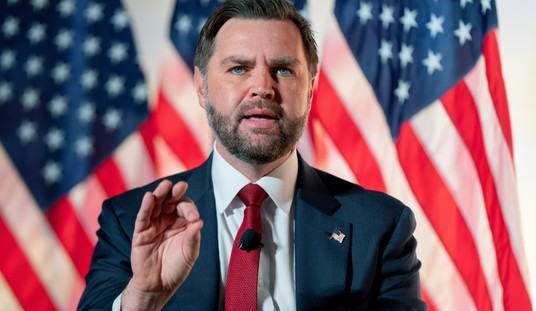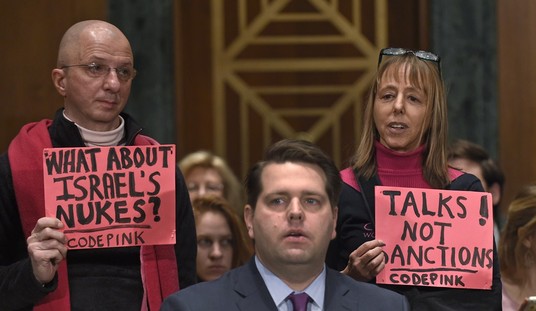Remember when I wrote that piece detailing how corporations who pledged generous sums of money to help the black community weren’t fulfilling their promises? Well, it appears that someone intends to hold them accountable for their seemingly empty vows.
William Michael Cunningham, a black economist who runs Creative Investment Research, stated that his firm found that 251 companies vowed to use their resources to fight systemic racism in their organizations and to support other causes. “All told, Cunningham claims those companies pledged $65 billion to boost their diversity and equity initiatives from May 2020 to May 2021. Yet, to date, Cunningham maintains that $500 million has been allocated toward such efforts,” according to a new piece in Black Enterprise.
Black Enterprise contributor Jeffrey McKinney writes:
Compared to $500 million, Cunningham estimates the commitments by now should be $15 billion to $20 billion based largely on damages Black companies have suffered from the COVID-19 pandemic. He says his projections are tied to the companies having combined profits of $750 billion as of 2019.
“We’re asking the SEC to get the companies to disclose exactly what they are doing,” Cunningham said. “When are they going to make the payments, when is the money going to move? All of that.”
As I wrote previously, most of the companies who used the George Floyd and Black Lives Matter protests to virtue-signal have not bothered to follow through. Apple and Target were two of the organization that actually started to make good on their promises. (See: It Turns out Woke Corporations Were Just Kidding When They Promised Big Bucks for ‘Racial Equity’)
The pledges were ostensibly designed to promote diversity and also to help black-owned businesses, which have been hit the hardest by the COVID-19 pandemic. According to the report, the money that these organizations pledged was supposed to go toward “helping Black entrepreneurs start or expand businesses, creating jobs in African American communities, assisting Blacks with buying homes, and increasing Black families’ wealth.”
Only a small number of the companies that promised funding has actually disclosed where, how, and even if, the money was distributed since they made their promises.
Cunningham explained that the issue is centered on whether the SEC would consider these types of disclosures to be in the public interest. Black Lives Matter pledges are typically made to enhance a company’s value. “False statements hide true value, he says,” according to the report.
“Lack of performance with respect to BLM pledges will impair the competitiveness of U.S. capital markets and America’s public companies by showing that they are untrustworthy,” the economist said. “Thus, requiring additional BLM pledge disclosure will enhance competitiveness.”
It is not clear whether Cunningham’s petition will bear any fruit. But at this point, it seems safe to say that many, if not most, of these organizations aren’t going to follow through on the vows they made. It has been a year since the murder of George Floyd, and of the $65 billion that these companies pledged collectively, only $500 million has materialized. It seems unlikely that the full amount will be reached.
None of this should be surprising. We have already seen corporations use racial controversy to ingratiate themselves to the hard left — without actually doing anything of substance. In the case of Major League Baseball, they were willing to punish black business owners if it meant appearing as if they were woke enough. (See: Major League Baseball Responds to Georgia Voting Laws by Punishing Black Businesses)
The reality with these woke companies is that, like the people they desperately seek to impress, they care nothing for the black community. Last year, they saw the debate over race relations as an opportunity to turn a profit – and it appears they got exactly what they wanted. Unfortunately, the rest of the nation will likely never know what is easy to see in this situation: These companies never intended to help African Americans in the first place.













Join the conversation as a VIP Member